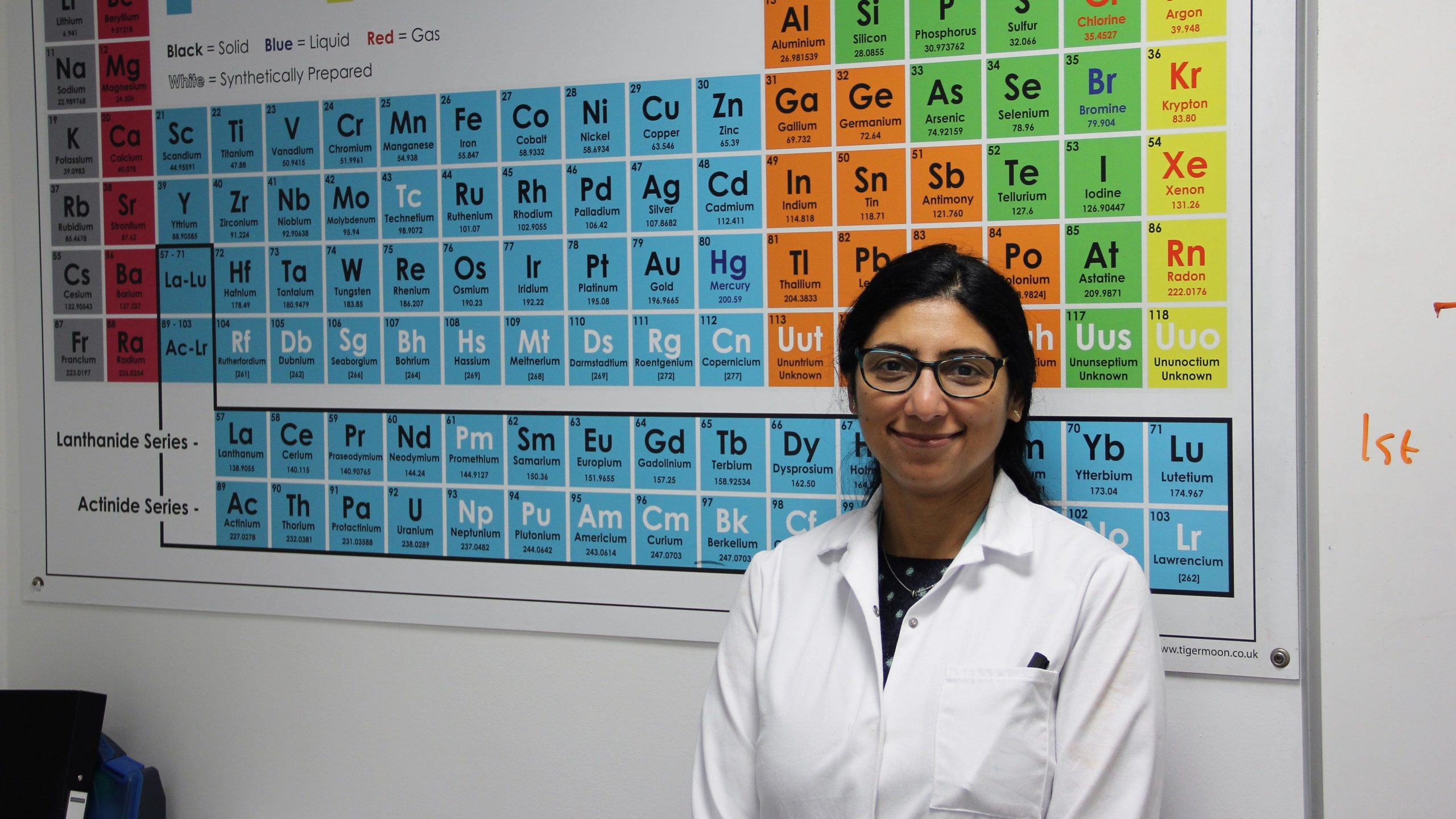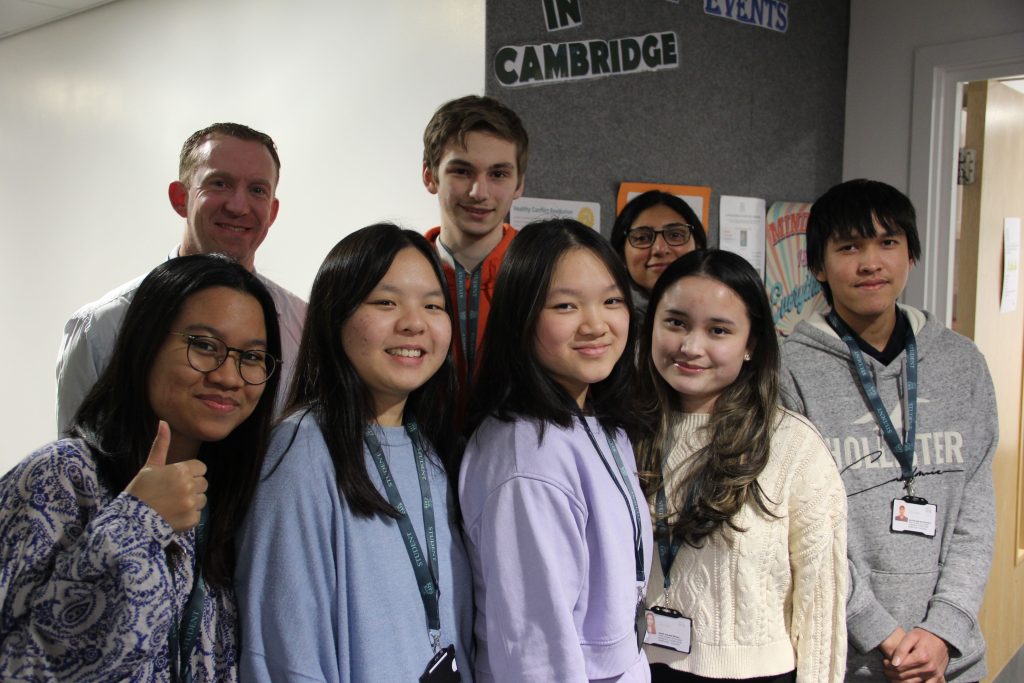Tomorrow, 11 February 2023, is International Day of Women and Girls in Science, an annual observance to promote the full and equal access and participation of females in Science, Technology, Engineering, and Mathematics (STEM) fields.
Females represent half of the world’s population and, therefore, half of its potential. In 2018, research showed that women accounted for one in three (33%) researchers. They have achieved equality (in numbers) in life sciences in most countries and even dominate this field in some cases. This year’s theme for International Day of Women and Girls in Science is the importance of role models.

“International schools, like CATS Cambridge, are best placed to spread awareness and change attitudes in the field of science.”
Neelam Debata
Head of Science and a teacher of Chemistry at CATS Cambridge
Neelam Debata, Head of Science and a teacher of Chemistry at CATS Cambridge, shares some of the scientific pioneers who inspired her to teach others her passion for science.
“Mary Anning (paleontologist) and Rosalind Franklin (chemist and X-ray crystallographer) were great inspirations when I studied fossils and the secret of life at school.
“Then there’s Sunetra Gupta whose core interest is in the infectious disease agents that are responsible for HIV, malaria, bacterial meningitis, and influenza. Gupta received the 2009 Royal Society Rosalind Franklin award for her achievements in science. Another exciting thing about her is that she explored the connections between literature and science.”
Neelam is encouraged by the increase of women in scientific fields and is passionate about creating varied opportunities for students to discover the magic of science. She says:
“While female participation in STEM fields continues to rise, cultural expectations of women, early marriage, and discriminatory practices in the labour market in developing regions still provide significant barriers.
“International schools, like CATS Cambridge, are best placed to spread awareness and change attitudes in this arena. The best way to do this is by creating opportunity, providing inspiration, encouraging engagement, and rewarding accomplishment.
“At CATS Cambridge, we encourage female students to participate in scientific activities. As a result, we have a long list of young enthusiastic female scientists heading to the world’s top universities and actively taking leading roles in science clubs and competitions.”
Tomorrow’s STEM pioneers
Recognising some of our aspiring young women for their achievements in science.
- Xinyu received the highest award in the field of Chemistry at school. She also bagged the ‘Gold’ award in the Cambridge Chemistry Challenge and the silver award in Biology.
- Sahar another outstanding scientist now studying physics at Murray Edward College Cambridge, won a ‘Gold’ award in the senior Physics Challenge 2021.
- Alessandra wrote a simple programme with her team to compare new satellite images of the earth with historical images to assess changes in vegetation. After selection, this programme was available for the astronauts on the International Space Station and ran for three hours (two orbits).
Neelam is thrilled with the number of young women who are members of the STEAM club this year, she adds:
“This year, our STEAM club includes six talented students, including four female scientists. They are designing an invention that would make farming more sustainable. I can’t wait to see the results!”

When asked what’s next on the agenda to continue inspiring the next generation of world shapers, Neelam says:
“We aim to keep inspiring young female scientists through educational programmes and accelerate their progress in harnessing science, technology, and innovation for sustainable development for all communities.”